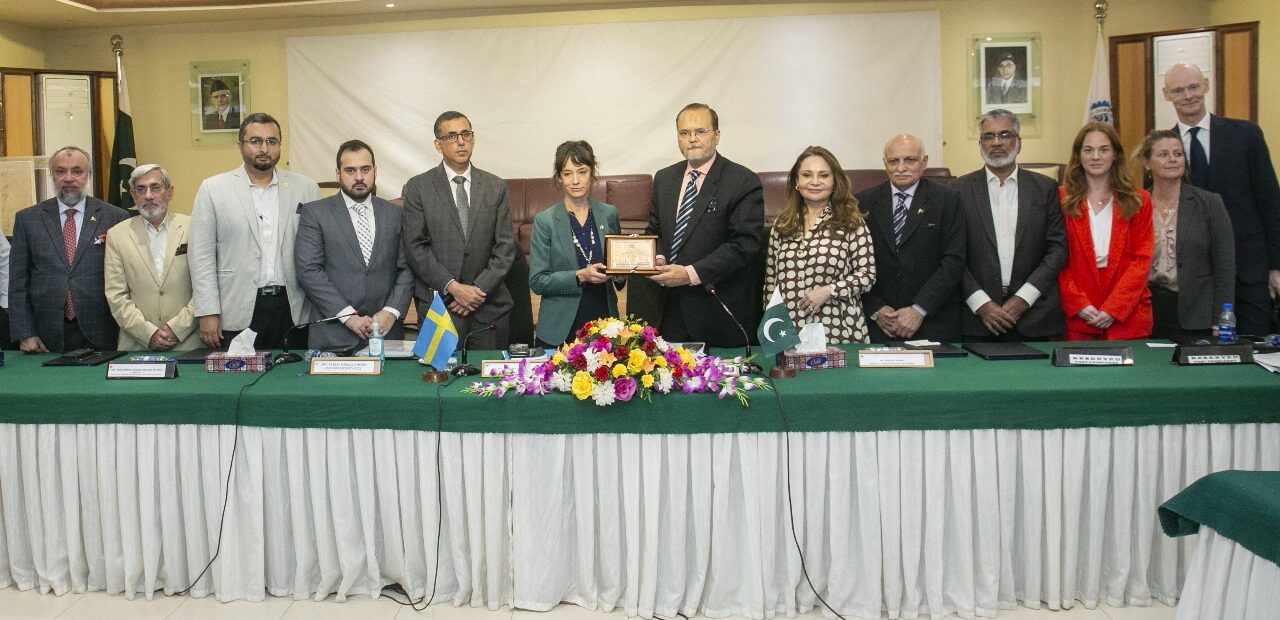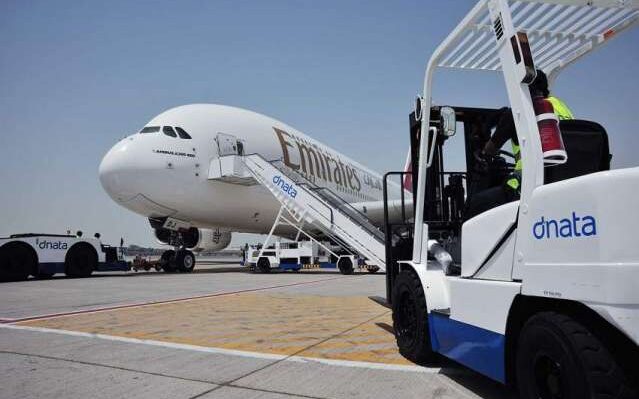United Nations, April 9 UN Secretary-General Antonio Guterres Monday strongly condemned the military escalation and ongoing fighting in and around the Libyan capital, Tripoli, including an aerial attack earlier in the day by aircraft from the self-styled Libyan National Army (LNA) force, which closed the city’s only functioning civilian airport.
General Khalifa Haftar, who leads LNA, declared an offensive to take control of Tripoli from Libya’s UN-backed government last week.
The Secretary-General urges the immediate halt of all military operations in order to de-escalate the situation and prevent an all-out conflict, a statement released by his Spokeperson said.
He emphasizes that there is no military solution to the Libya conflict and calls on all parties to engage in immediate dialogue to reach a political solution. The Secretary-General’s Special Representative in Libya stands ready to facilitate that dialogue.
More than 3,400 people have fled fighting near the Libyan capital Tripoli in recent days, the UN warned, calling on all warring parties to halt military activities so that emergency services can rescue trapped civilians.
Earlier, the UN chief said the UN Support Mission, (UNSMIL), would continue with its work on behalf of all Libyans, from its headquarters in the capital, Tripoli.
UN Spokesperson Stephane Dujarric said that Ghassan Salame, head of UNSMIL and UN Special Representative, had met the head of the internationally-recognized Government in Libya, Faiez Serraj, on Monday, “with whom he discussed ways the UN can assist, with this critical and difficult juncture.
As the Secretary-General said before leaving Benghazi on Friday, the United Nations remains available to facilitate any political solution, able to unify the Libyan institutions.”
“Clashes with heavy weapons are affecting residential areas, and an unknown number of civilians are unable to flee these locations”, Dujarric said. “We are calling for a temporary humanitarian truce to allow for the provision of emergency services, and the voluntary passage of civilians, including those wounded from the areas of conflict.”
In a statement released earlier on Monday, UN Humanitarian Coordinator for Libya, Maria Ribeiro, reminded the warring sides of their obligations to protect non-combatants, in line with international humanitarian and human rights law.
Ms. Ribeiro’s comments echoed a Security Council plea for a ceasefire after Ambassador Christoph Heusgen, of Germany, Council President for the month, told reporters on Friday that the 15-member body’s members were “deeply concerned” over the risk to Libyan “stability”.


























































































































































































































































































